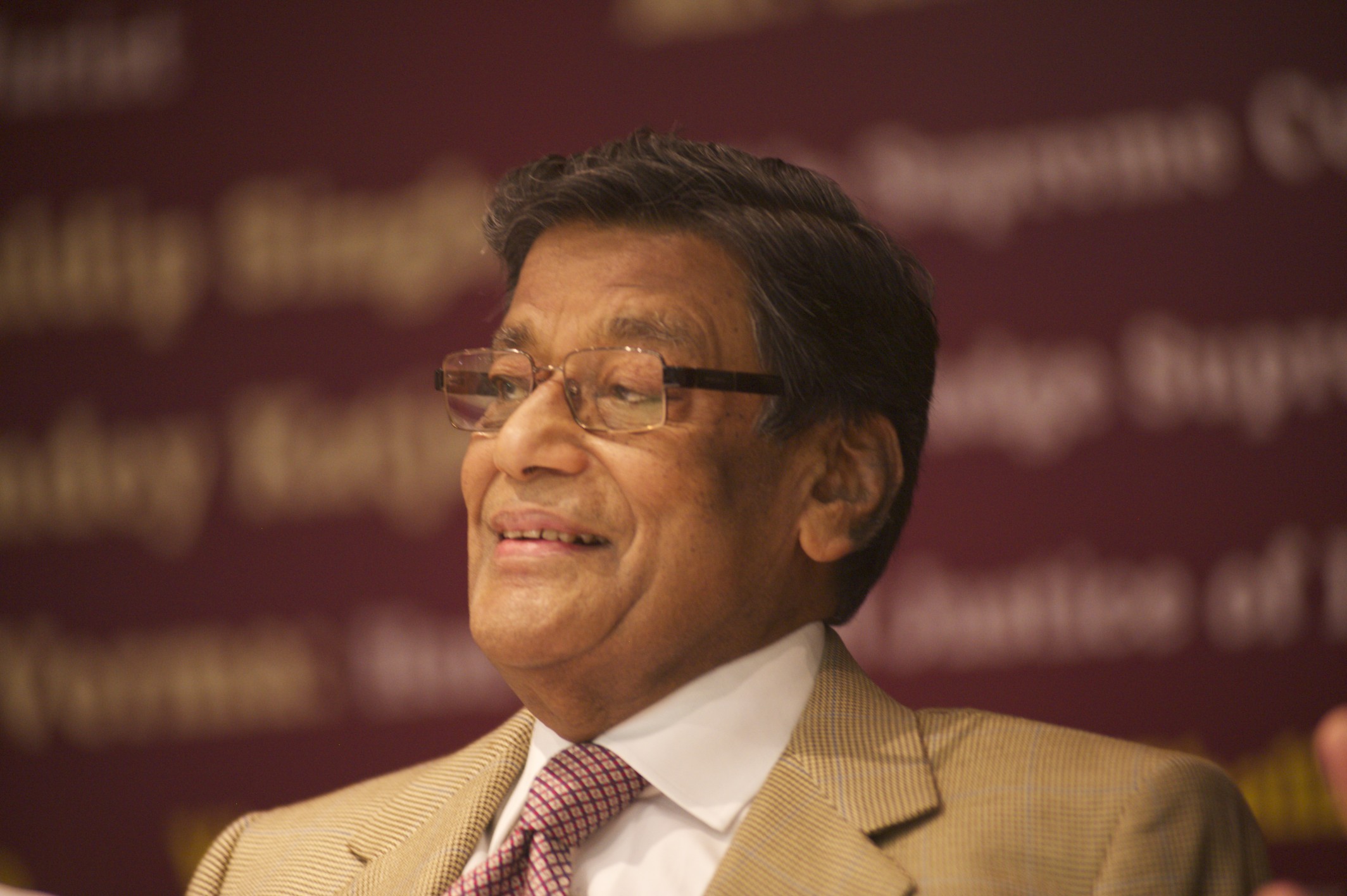
For empathy in sexual violence cases, judiciary needs more woman judges: AG

Attorney General KK Venugopal has filed an affidavit in the Supreme Court on steps for gender sensitisation in the judiciary.
He said the lack of education, training, and a low number of woman judges are responsible for the biased orders that make women marry their rapists or tie a ‘rakhi’ even though the law clearly states the victim must be protected from any contact and harassment by the accused.
Venugopal told the Supreme Court that increasing women judges in judiciary could help in correcting the non-empathetic approach of judges in cases of sexual violence.
Venugopal was replying to a plea questioning the bail conditions imposed by the Madhya Pradesh High Court wherein an accused was asked to get a ‘rakhi’ tied by the victim as a condition for enlargement on bail.
Also read: Gender inequality, patriarchy skewed India’s sex ratio
The woman lawyers have said orders such as these trivialise the violence suffered by the victims and re-traumatise them by making them face their attacker.
Venugopal in his affidavit has suggested guidelines for setting bail conditions, training of judges and also in the recruitment of judges, and induction of women as senior advocates.
“Improving the representation of women in the judiciary could also go a long way towards a more balanced and empathetic approach in cases involving sexual violence. For instance, this court (SC) only has two women judges, as against a sanctioned strength of 34 judges. There has never been a female Chief Justice of India,” the AG said in his written submissions filed on Tuesday.
The petition filed by nine women lawyers led by Supreme Court advocate Aparna Bhat had cited orders from other high courts to highlight the non-empathetic approach of judges while dealing with cases of sexual violence.
Also read: Gender budget: Making it count for women
The plea by Bhat contended that such judgments from high courts would end up trivialising such heinous offence and that “there is a strong likelihood that such observations and directions may result in normalising what is essentially a crime and has been recognised to be so by the law.”
A bench led by Justice AM Khanwilkar had noted that the MP High Court order was complied with, but the question remained as to how such orders in general could be avoided. In this regard, notice was issued to Attorney General KK Venugopal to elicit his suggestions.
The AG suggested the following steps to improve the strength of women in judiciary:
* Direct collection of data to determine the number of women judges in the lower judiciary; tribunals;
* Data to determine the number of senior designates by all high courts, year-wise;
* Ensure greater representation of women at all levels of the judiciary, including the Supreme Court.
He also stated that gender sensitisation of bar and bench with regard to creating a sense of judicial empathy for the victim with judges placing themselves in victim’s shoes will help avoid non-empathetic attitude by judges.
The two broad areas, as per the AG, where the court could intervene are:
* Guidelines on bail and anticipatory bail, in line with already settled jurisprudential principles, to ensure that the court only imposes conditions that are permissible and in line with the statutes;
* Gender sensitisation of the bar and the bench — particularly with regard to creating a sense of judicial empathy with the victim, with the judges placing themselves in the victims shoes, and secondly conceptualizing their response to the crime in terms of the same having been committed upon a member of their own family.
The Supreme Court, he said, could consider highlighting the following in cases of crimes against women:
* Bail conditions should not mandate contact between the accused and the victim.
* Bail conditions must seek to protect the complainant from any harassment by the accused.
* Where considered necessary, the complainant may be heard on whether there is any particular circumstance which may require additional conditions for her protection.
* Wherever bail is granted, the complainant may immediately be informed that the accused has been granted bail.
* Bail conditions must be free from stereotypical or parental notions of women and their place in society, and must strictly be in accordance with the requirements of the CrPC.
Venugopal said courts should avoid suggesting a compromise between the accused and victim.

